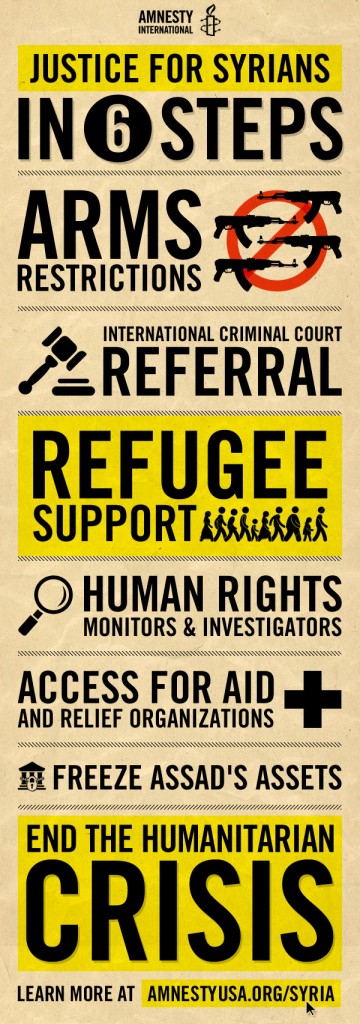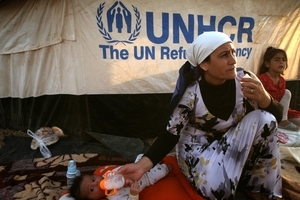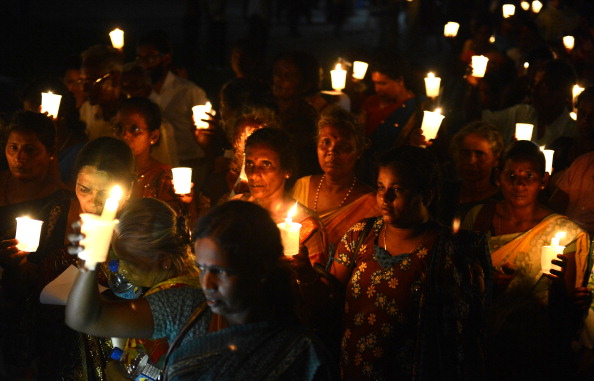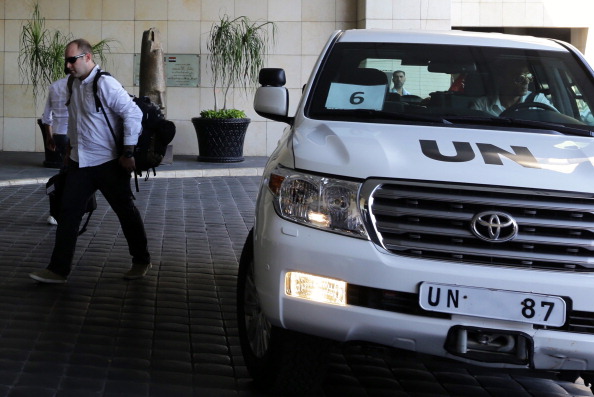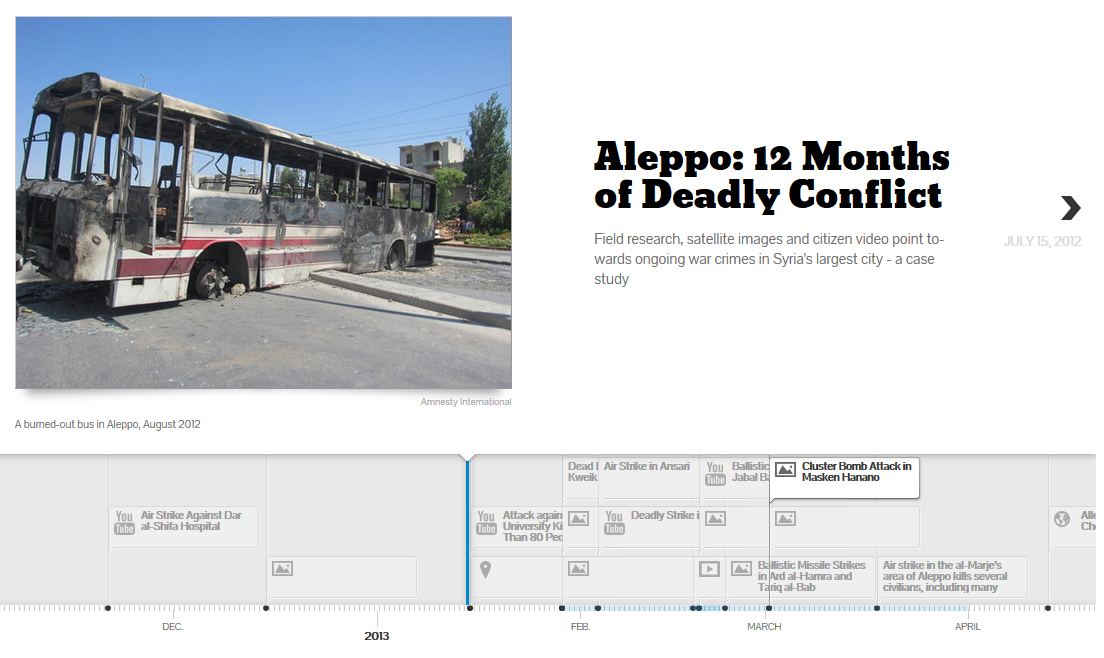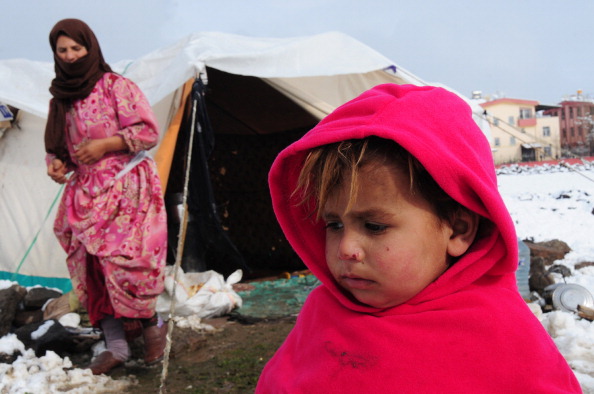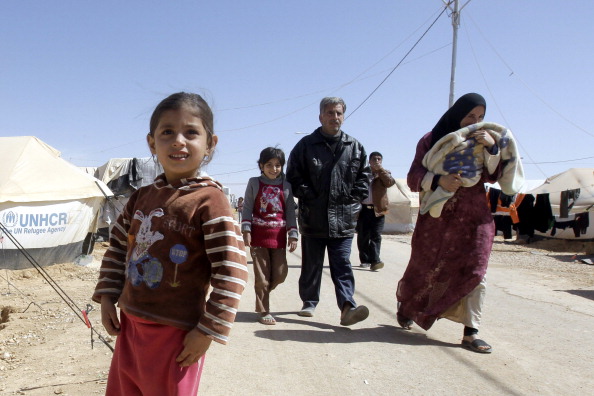Congress is debating whether to authorize the President to use force in response to allegations that Syria used chemical weapons against opponents of the government.
Although Amnesty International has not taken – and is not likely to take – a position on the appropriateness of armed intervention, we believe the debate in Congress is inadequate, as it does not address many of the pressing issues of the Syrian crisis.
Accordingly, we have identified several steps that should be taken in response to this crisis, no matter where one lands, for or against, the use of force. They are as follows:
